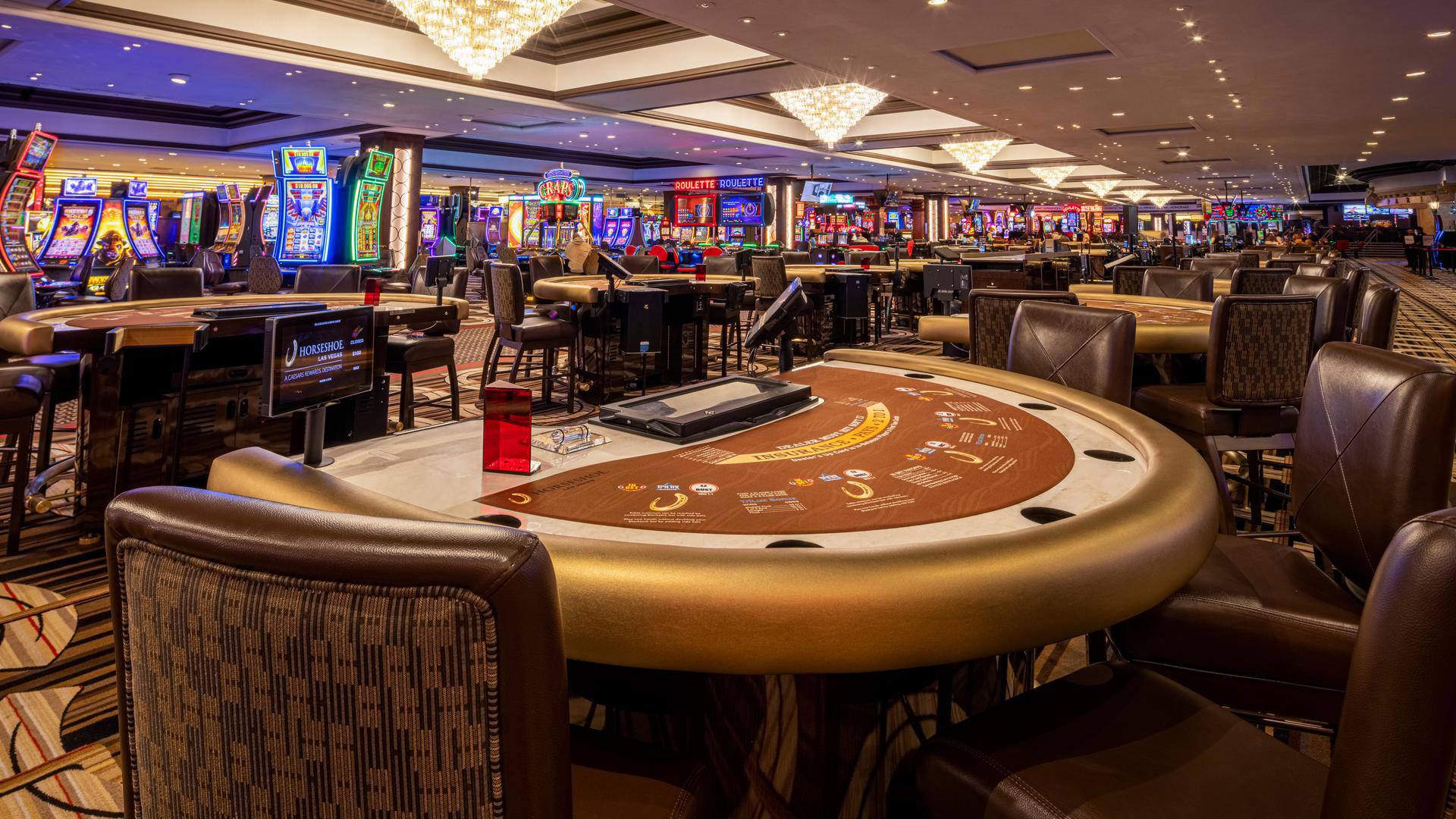
Gambling in casinos has long been a topic of interest and controversy, drawing in millions of players globally. With a blend of luck, strategy, and the excitement of risk, casino games offer an exhilarating escape from everyday life. However, as entertainment becomes ever more available, it invites a more thorough examination of the ethical implications surrounding these games.
At the heart of the debate lies the issue of whether casinos promote responsible gaming or exploit at-risk individuals. The appeal of potential winnings versus the truth of losses can create a challenging situation, and understanding this balance is essential for both players and operators. As we delve into the ethics of casino gaming, we will explore the responsibilities of casinos, the effects on society, and the steps that can be taken to foster a better gaming environment.
The Impact of Casino Gaming on Society
Casino gaming has a notable influence on the community, affecting not only the financial landscape but also interpersonal dynamics and local frameworks. The revenue generated from casinos can lead to employment opportunities and boost regional economies, as they provide numerous employment opportunities in different sectors including hospitality, entertainment, and shopping. However, while the economic advantages can be significant, communities often grapple with the possible negative impacts that arise from increased gambling activity.
Moreover, the presence of casinos can lead to an increase in gambling addiction, presenting serious challenges for players and families. The thrill of casino games can quickly transform into a habitual habit, affecting connections with others and leading to financial instability. Many individuals may struggle with the loss of control over their gambling habits, resulting in a need for community support services and interventions to address this increasing issue. The social cost of addiction can extend through kinships and neighborhoods, creating an urgent need for responsible gaming initiatives.
In addition to the economic and social ramifications, casino gaming often reflects cultural attitudes towards uncertainty and entertainment. It can encourage a sense of excitement and leisure, attracting tourists and boosting local travel. However, this allure may also mask the wider implications of gambling as a form of entertainment, raising ethical questions about its promotion and accessibility. Nhà Cái bj88 As communities weigh the advantages and drawbacks of casino gaming, the need for responsible practices and oversight becomes increasingly critical in ensuring that the positive aspects are maximized while minimizing the potential harms.
Moral Issues in Gambling Activities
The morality of casino gaming often center around the risk for addiction and its consequences on people and households. Betting can lead to significant financial distress, impacting not only the gamblers but also their families. As people become caught in the allure of winning, many lose sight of their financial limits, which can result in devastating results such as insolvency. This raises moral questions about the responsibility of casinos in promoting responsible gaming habits and offering support for those who may be dealing with betting addiction.
Another major concern is the promotion of betting to at-risk populations. Casinos often aim at low-income people or communities with the offer of quick rewards, which can continue cycles of financial struggle and hopelessness. In this situation, the morality of marketing strategies used by casinos come under examination, as they may exploit the desperation of people seeking an escape from economic troubles. This exploitation raises moral questions about the honesty of the betting industry and its responsibility to safeguard its most at-risk customers.
Additionally, the impact of casino gaming on the community as a whole cannot be overlooked. While some argue that gambling establishments create employment and boost local economies, others point to the social costs associated with problem betting, increased crime rates, and a strain on public services. Balancing financial advantages with the risk for community issues presents a complex moral dilemma for policymakers and casino operators alike. The difficulty lies in discovering a responsible approach that prioritizes the well-being of individuals and communities while still allowing for the enjoyment of casino gaming.
Regulation Framework and Obligations
The oversight structure surrounding casino operations is developed to ensure justice, honesty, and gambler safety. Multiple government entities and casino commissions establish and implement regulations that dictate how gambling operations function, the guidelines for activity development, and the procedures for processing rewards. These regulations vary by locale but commonly involve permit requirements for providers and rigorous measures to avoid fraud and fraud.
In addition to oversight bodies, gambling operators bear major responsibility in maintaining moral standards within their venues. They must implement safe gambling practices that support gambler security and education, including offering self-exclusion options and offering information about the hazards associated with betting. Casinos are also obligated for instructing workers to spot signs of problem betting and know the proper actions to support patrons in need.
Additionally, transparency in gaming operations is essential for gaining and maintaining public trust. Casinos should offer clear details about the probabilities of games, advertising offers, and any connected dangers. By promoting an culture of integrity and responsibility, casinos can help lessen the possible adverse impact of gambling while boosting the complete betting experience for all gamblers.
